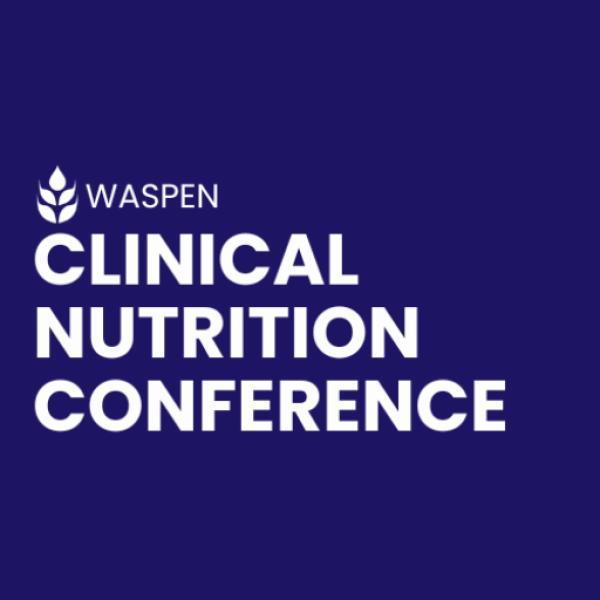
Dr. Phil Ayers, Chief of Clinical Pharmacy Services at the Department of Pharmacy, Mississippi Baptist Medical Center, emphasized the critical role of standardized clinical nutrition protocols in enhancing patient care.
Speaking to healthcare professionals and stakeholders from across the region in a compelling keynote address during the WASPEN 2nd Annual Malnutrition Awareness Week Webinar Session on September 9, 2025. Dr. Ayers highlighted key insights from the Institute for Safe Medication Practices (ISMP) Parenteral Nutrition (PN) survey, underscoring current practices and the need for improvement in the field of clinical nutrition.
Dr. Ayers presented data indicating that a significant 78% of responding organizations provide custom parenteral nutrition (PN), with 59% compounding these solutions on-site and 35% outsourcing them to external providers. However, he pointed out that while interfaces between electronic health records (EHR) and automated compounding devices (ACD) exist in 49% of organizations, challenges remain in efficiently and safely delivering customized nutrition to patients.
“Errors with custom PN remain a significant concern,” Dr. Ayers noted. “Over 40% of participants reported experiencing or being aware of close calls or medication errors related to custom PN.” He highlighted the troubling statistic that more than 80% of these reported errors stemmed from preventable issues in the ordering and administration processes.
He further elaborated on the necessity of competency assessments for pharmacy staff, revealing that 53% of organizations do not provide initial or annual training in key areas such as prescribing, dispensing, compounding, and administering parenteral nutrition. This gap raises concerns about the potential risks to patient safety and the efficacy of nutrition care.
A conversation about standardized cutoff times for PN ordering and compounding also featured prominently in Dr. Ayers's address. “While 80% of organizations have established standardized cutoff times,” he explained, “adherence rates are concerning—58% usually comply, while only 30% always do so, and some institutions rarely follow these guidelines.”
Dr. Ayers shared analysis from a recent study examining baseline PN ordering rates, which revealed a correction rate of 22% for nutritional content and solution compatibility errors. In response, institutions averaged around 25 to 30 PN orders per day across a diverse patient population, including pediatric patients from birth to 21 years of age.
To tackle these challenges, he outlined several key interventions that proved effective during the study, including transitioning from paper to electronic ordering systems, implementing standardized PN solutions based on weight categories, establishing predetermined laboratory draw schedules, and setting preset laboratory parameters.
The results of these interventions were promising, leading to a substantial decrease in PN order errors from a baseline of 22% to just 3.2%. Notably, errors in the Neonatal Intensive Care Unit (NICU) plummeted from 25.5% to 3.4%, while pediatric ordering errors fell from 19.7% to 2.7%. Additionally, the average order writing time for clinicians dropped dramatically from 3.5 minutes to less than 1 minute, and the average number of necessary blood draws reduced from 6.2 to 4.3, enhancing the overall efficiency of care.
“Implementing these standardized protocols not only minimizes errors but also optimizes patient outcomes, particularly in vulnerable populations such as neonates and children,” Dr. Ayers stressed. “Using an early enteral nutrition protocol, combined with principles of enhanced recovery after surgery in ICU patients, can further improve recovery times and reduce complications.”
Dr. Ayers's insights reflect a growing recognition of the importance of integrating standardized clinical nutrition protocols into healthcare systems—a critical step toward improving nutrition care and addressing the silent epidemic of malnutrition in hospitals. His advocacy for collective action and collaborative practices among healthcare professionals is vital in creating a safer and more effective healthcare environment.
As WASPEN continues its efforts during this Malnutrition Awareness Week, the insights shared by Dr. Ayers serve as a call to action for healthcare facilities across West Africa to adopt best practices and prioritize nutritional care as a fundamental component of patient treatment plans.






















